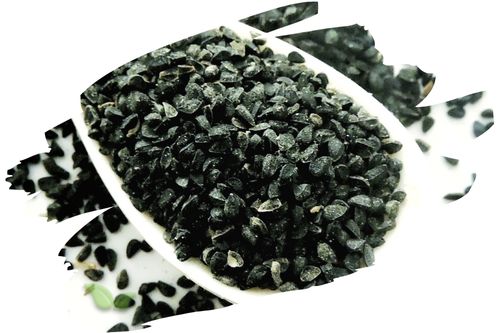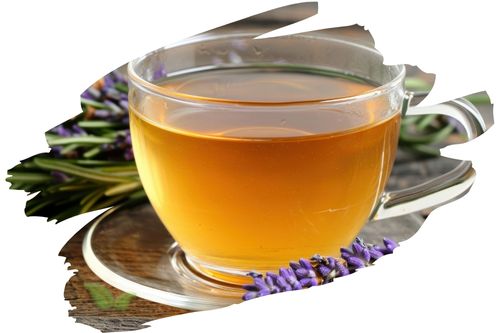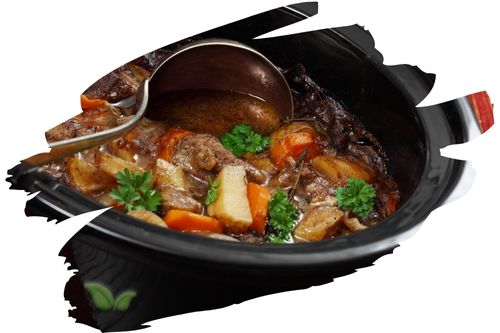
From amateur cooks to professional chefs, everybody messes up a meal on occasion. A meal usually fails because the cook isn’t paying attention or fails to follow the recipe, leading them to either under or overcook the dish. But there are other mistakes that may affect the cooking process, leading to a bland or even inedible dish. The next time you tie on your apron, keep the following tips in mind. Here are the most common cooking mistakes and how you can avoid them.
Using Too Little or Too Much Salt
Take it with a grain of salt, the salt of the earth, an old salt—salt is so important to our cuisine that it even flavors our language. Yet, it’s funny how often salt plays a part—or, more often, doesn’t play a part—in making a dish palatable. Salt is tricky. Follow recipes closely, but question how much salt it advises you to use. Some recipes feature other ingredients, such as baking powder, that, when combined with salt, can make a dish taste extra salty. Incidentally, it’s best to add salt early on to ensure it saturates everything thoroughly. For example, boiling pasta in pre-salted water ensures a more even distribution of the flavor.
Using Expired Spices
It’s so easy to build your own spice set, stick it in a cabinet or pantry, and forget all about it. After all, spices last forever, don’t they? Unfortunately, not so. While the physical parts of a spice—whether powder, liquid, dried leaves, or whole—will remain, they can lose flavor over time. As a rule of thumb, replace extracts every two to three years; whole, unground spices every three to four years; ground spices after two to four years; and ground and leafy herbs between one to three years. This also eliminates the potential risk of eating any bacteria or similar spoilage. Don’t cheat yourself out of flavor; make sure your spice rack is up to date.
Making Uneven Cuts
Many recipes ask you to cut meat or similar ingredients evenly, delineating shape, size, and even measurements. Take those instructions to heart. If you don’t keep things uniform, the cuts won’t cook properly or allow an even distribution of the seasonings. As a side note, failing to properly sharpen your knives is one of the most common cooking mistakes since you risk poor cuts, extra labor, and even severe injuries. Keep your knives sharp and keep your cuts even and precise!
Using Out of Season Fruits and Vegetables
You may not have a farmer next door providing the freshest crops, and you may even have to resort to canned fruits and vegetables on occasion, but when time and the seasons are on your side, you should always go with in-season produce. Produce that’s in season is simply fresher, more flavorful, sweeter, and more likely to be ripe. It’s also at peak levels of nutrition, so you’re not just eating good food; you’re eating food that’s good for you!
Alert: While spices can have many beneficial properties for health, using them for medical purposes should be done under the guidance and supervision of a healthcare professional or specialist. Some spices may interact with medications or cause adverse reactions in certain individuals, and it is important to use them safely and appropriately. If you are considering using spices for a medical condition, it is important to consult with a healthcare professional before doing so.




















































